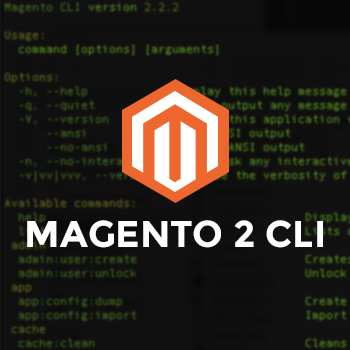Non-store retailing continues strengthening worldwide, and according to Euromonitor analyst, Amanda Bourlier, in 2021 sales for more than 200 billion dollars will be recorded in this line of business.
It is a double challenge for businesses that have their most significant strength in store-based retailing: the tendency is that they must develop omnichannel or cross-selling strategies because 70% of users have the habit of browsing an online store and then buying in the brick-and-mortar store.
Therefore, regardless the size of retail business, it is essential to focus on the most basic integration operations with available technologies to increase sales, come up with new shopping experiences, and even enter new territories (there are brands that have become popular on the web long before they reach stores).
How to know which is the appropriate ecommerce platform for my project?
Those platforms that, in addition to having special characteristics that help you highlight your product values over those of the competition, allow you to:
- Calculate investment cost and contribution margin.
- Measure conversion potential, aligned with your goals.
- Explore its functionality through prototyping.
Here we have selected three platforms for ecommerce that comply with the points from above and are described below so you can draw your own comparative guide among suppliers, and thus make the best decision for your project:
-
Magento. It is globally known for being a flexible and open-source that allows you to customize and enlarge projects, but what are its characteristics? More than 150 thousand collaborators are constantly bringing changes and enhancements, which is an advantage in the competitive environment of eCommerce: there will always be some improvement, updating or optimization that will help you boost your digital strategy. In fact, its marketplace of extensions is one of the largest compared to the competition.
-
Solidus. It stands out for its compatibility with other APIs, and social networks integration, email and localization services (among others), it is much easier; in addition, it provides more than a hundred and twenty-five different payment methods. Solidus is characterized by developing high-quality sources; on average, it requires ten times fewer lines of source code against other platforms such as Magento, which contributes to increase the loading speed of the site.
-
VTEX. It is one of the most recommended cloud commerce platforms for high-performance projects because it supports up to ten times more operations and transactions per day, compared to its competitors. It is enough to carry out a single installation to manage several stores on the same platform, even if it is stock in a brick-and-mortar warehouse. Thanks to the fact that it performs around eight thousand annual automatic updates and constantly develops new front-end extensions, users always have better browsing experiences. It is easy to use, allowing A/B tests and collecting essential data on user’s browsing to contribute to the optimization of SEO and Analytics strategies.
Analyze, compare and evaluate from all perspectives. Base your decision according to your project characteristics and its current stage, but always as part of your growth strategy, conversion increasing and optimization of operating costs.
At Magmalabs we offer these three alternatives, you can contact us here:
Error: Contact form not found.






